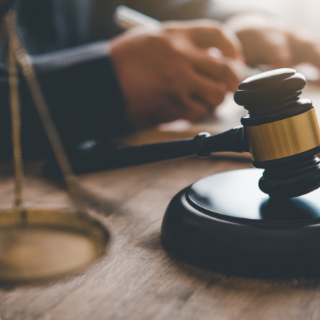BLOG
Why people still text and drive
Free Consultation
Book An Appointment
And yet they still do it. No doubt you have waited behind a texting driver at a green light who did not go because they were looking at their phone, or you’ve glanced over at the car in the lane next to you on the interstate, only to see that driver staring down at the screen. If people know it’s dangerous, why do they still do it?
Addiction to technology is real
Part of the problem is that texting is addictive. Smartphone use in general is addictive, and many apps are specifically designed that way. They cause your brain to release dopamine, which can lead to addiction. It makes you want to engage in that activity more often. This is true for many, many things, but only recently have phones developed to the point that they cause the same response.
After all, the goal for app designers is to make you addicted to those apps so that you spend more time on them. That’s one thing if you’re sitting on your couch, but it becomes something else entirely if you’re driving a car.
Distraction and accidents go together
You may turn your phone off in the car, but you can still get hit by a distracted driver. It’s not fair that you should bear the financial burden from another person’s mistakes — on top of your pain and suffering. If you’ve been injured in a wreck by a driver who was looking at their cell phone instead of the road, find out more about your right to compensation.
LET US DO ALL THE HEAVY LIFTING
Call Today to Schedule a Free Consultation
Schedule a free initial consultation with an experienced lawyer from Phillips, Hayden & Labbee, LLP. The sooner you get us involved, the more we can do to help you.






